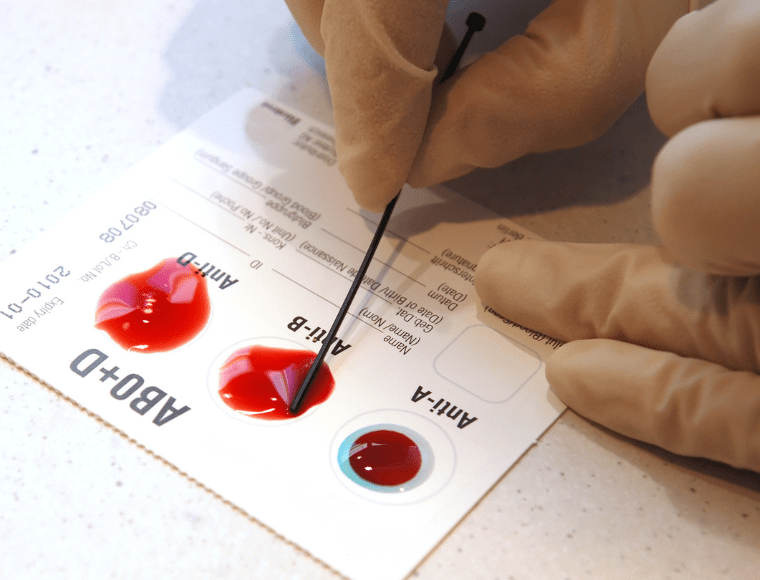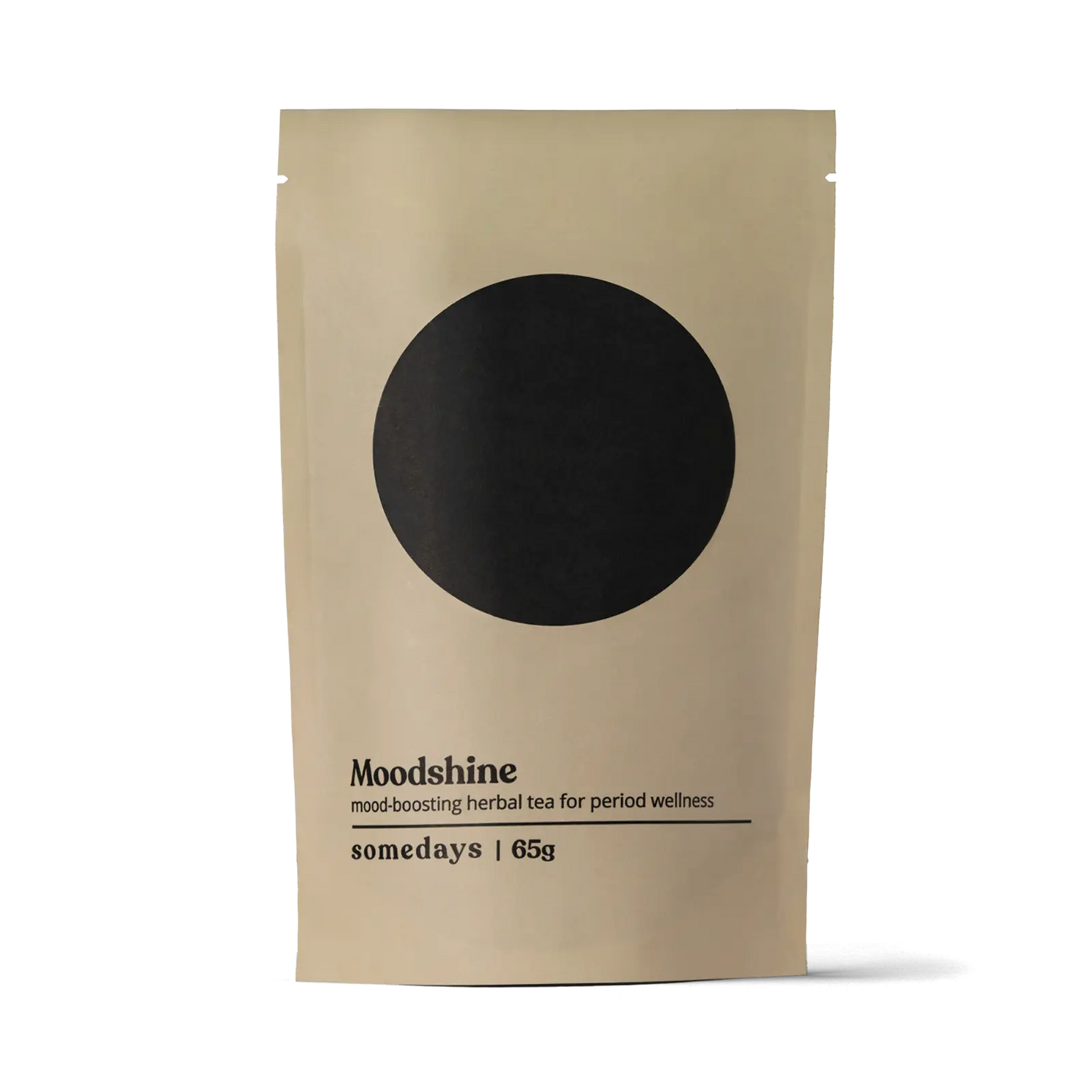Unlocking Health Insights Through Menstrual Blood: What Science Reveals

Society tends to stigmatize conversations around menstrual blood, viewing it as a waste product rather than a potential goldmine of health information. However, recent research is changing that perspective. Scientists are discovering that menstrual blood can provide critical insights into various health conditions, such as endometriosis, diabetes, and even exposure to environmental toxins. By overcoming the "yuck" factor, we can unlock a wealth of information that could revolutionize medical diagnostics.
The Untapped Potential of Menstrual Blood
For years, menstrual blood was overlooked by the medical community even though it contains a unique combination of blood and uterine lining tissue, making it a rich source of biological data. By studying menstrual blood, researchers can gain valuable insights into reproductive health and systemic conditions, potentially leading to earlier diagnoses and better treatments.
Diagnosing Endometriosis with Menstrual Blood
Endometriosis, a painful condition where uterine-like tissue grows outside the uterus, has traditionally required invasive procedures for diagnosis. Christine Metz from the Feinstein Institutes for Medical Research is working to change that. Her studies indicate that menstrual blood can reveal specific markers that help diagnose endometriosis, potentially reducing the need for surgery. This less invasive method could lead toa quicker and easier diagnosis for many people with endometriosis.
Keeping an Eye on Chronic Conditions
Menstrual blood can also be used to monitor chronic conditions like diabetes. Sara Naseri, a researcher at Stanford University, has found high correlations between menstrual blood and circulating blood for biomarkers such as cholesterol and HbA1c levels. This suggests that menstrual blood could serve as a non-invasive way to monitor health status, offering a convenient alternative to traditional blood tests. Naseri's company, Qvin, aims to make this technology widely accessible by developing menstrual pads that collect samples for lab analysis, with results viewable via a smartphone app.
Uncovering Environmental Toxins
Our environment can significantly impact our health, and menstrual blood can help us understand this better. Research led by Shruthi Mahalingaiah at the Harvard T.H. Chan School of Public Health has detected harmful chemicals like phenols, parabens, and phthalates in menstrual blood. These findings indicate that menstrual blood can reflect environmental exposures and their potential impact on health, paving the way for new diagnostic applications.
Breaking the Stigma
Despite its potential, menstrual blood research faces societal stigma. Changing perceptions is essential to unlocking its diagnostic potential for diseases like endometriosis, diabetes, and the effects of environmental toxins. Researchers advocate for de-stigmatizing menstrual blood studies to advance our understanding and improve health outcomes. Embracing this research can lead to more effective, less invasive health monitoring methods, benefiting millions.
Previous Article All Articles Next Article
All Articles


